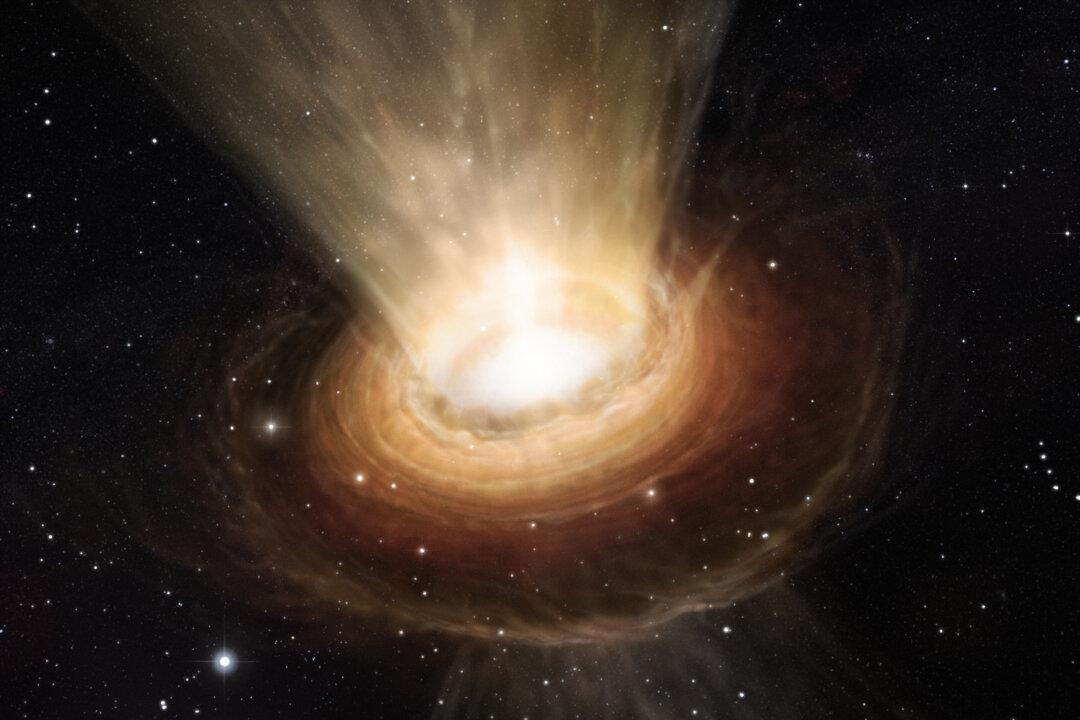By piecing together an increasing number of clues, cosmologists are getting closer to understanding what the future and ultimate fate of the universe will be. And I’m afraid the news is not good. Star formation will cease and black holes will take over until they eventually evaporate into nothingness. There could even be a “Big Rip” on the horizon. But for those who don’t mind waiting another 101050 years or so, things may start to look up as a number of bizarre events could take place.
But before we consider random events in the very far future, let’s start with what we know about the past and the present.
The Past
The reason we can investigate the past evolution of the universe is that, in some regards, astronomy is analogous to archaeology. Explicitly: the further we peer away from our home planet, the further back in time we see in to the universe. And when we look far back in time, we observe that galaxies are closer together than they are at present. Although only one strand of evidence among many, this observation – coupled with Einstein’s theory of general relativity – means that the universe started with a Big Bang and has been expanding ever since.
The Present
Late last century, one of the most pressing issues in modern cosmology was to measure the deceleration rate of the universe. Given the amount of mass observed in the cosmos it was thought that it might be enough to cause an eventual contraction of the expansion.
Remarkably, two independent teams of scientists found the exact opposite. The universe was not slowing down in its expansion, it was accelerating. This profound discovery lead to the Nobel prize in physics in 2011. However, understanding the implications of it remains challenging.
One way to think about the accelerating universe is that there must be some kind of material (or field) that permeates the universe that exerts a negative pressure (or a repulsive gravity). We call this dark energy.
This may sound a bit far-fetched, but independent experiments have been conducted to corroborate the acceleration of the universe and the existence of dark energy. From 2006, I was involved in the WiggleZ Dark Energy Survey – a scientific experiment to independently confirm the acceleration. Not only did we find that the acceleration is happening, but we provided compelling evidence that the cause of this was dark energy. We observed that dark energy was retarding the growth of massive superclusters of galaxies.


